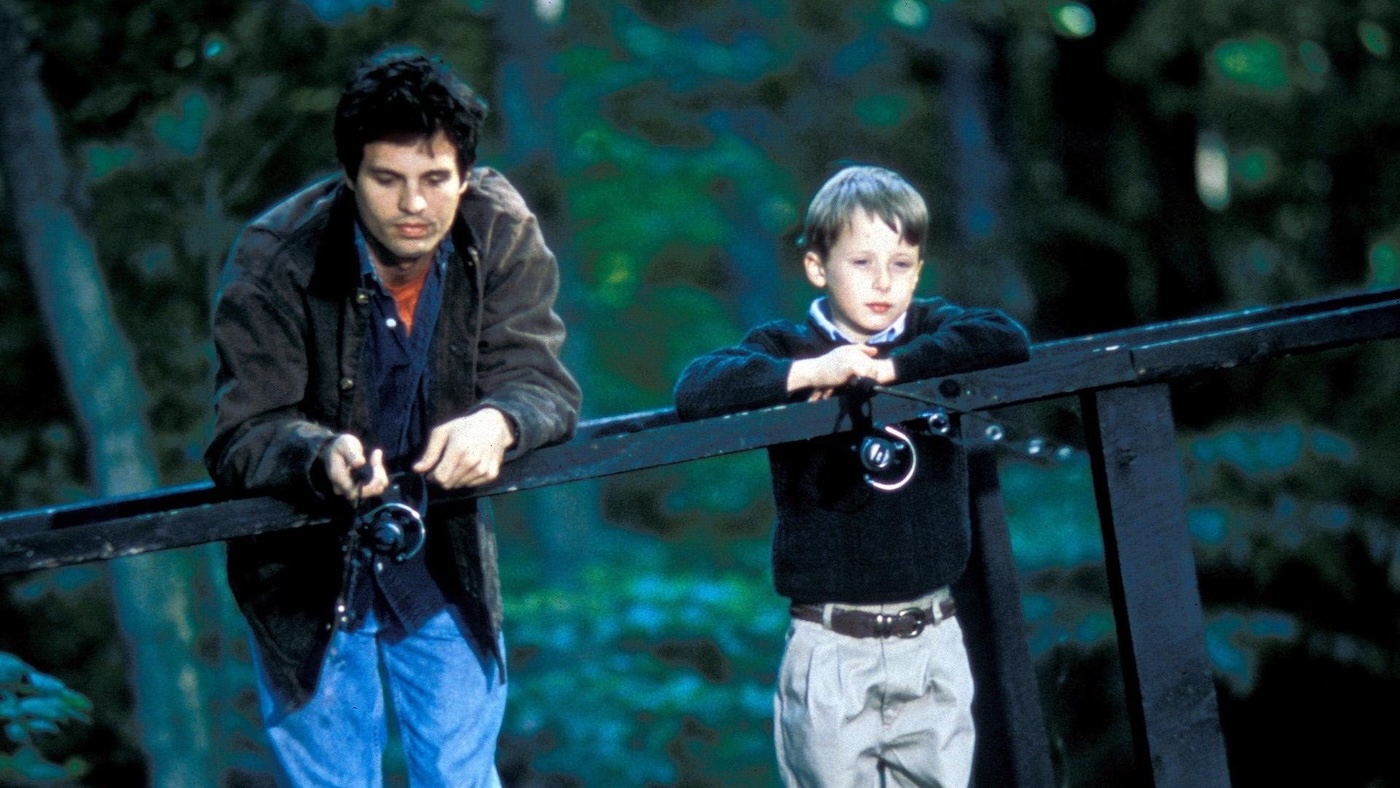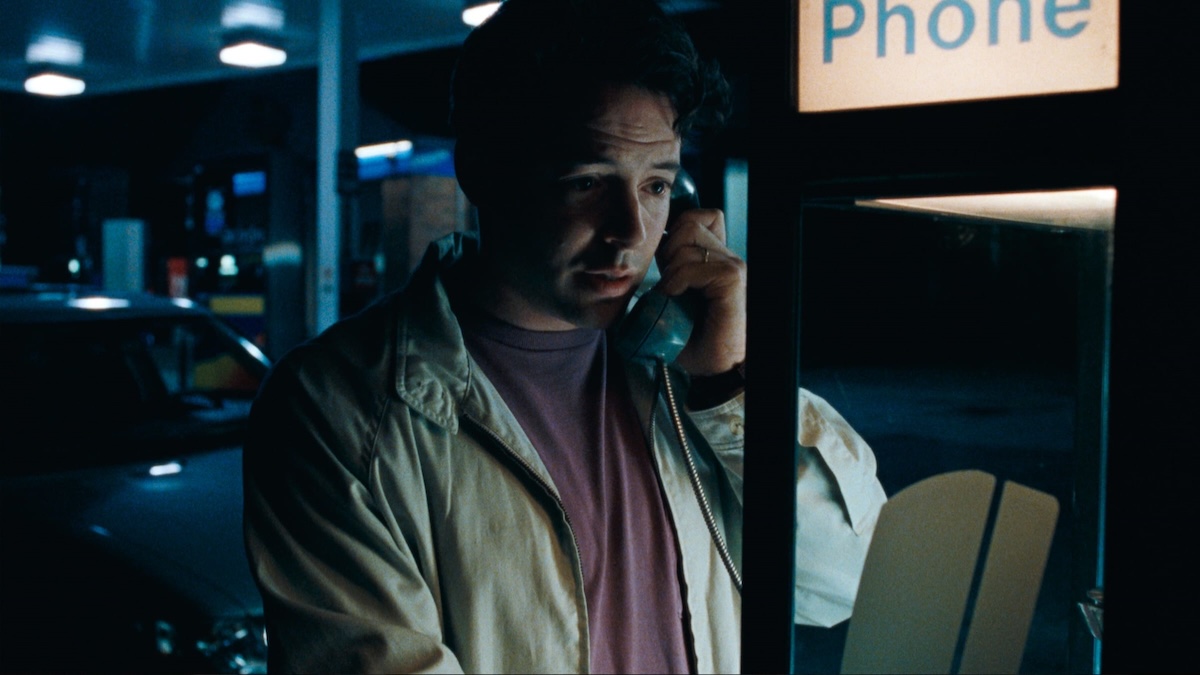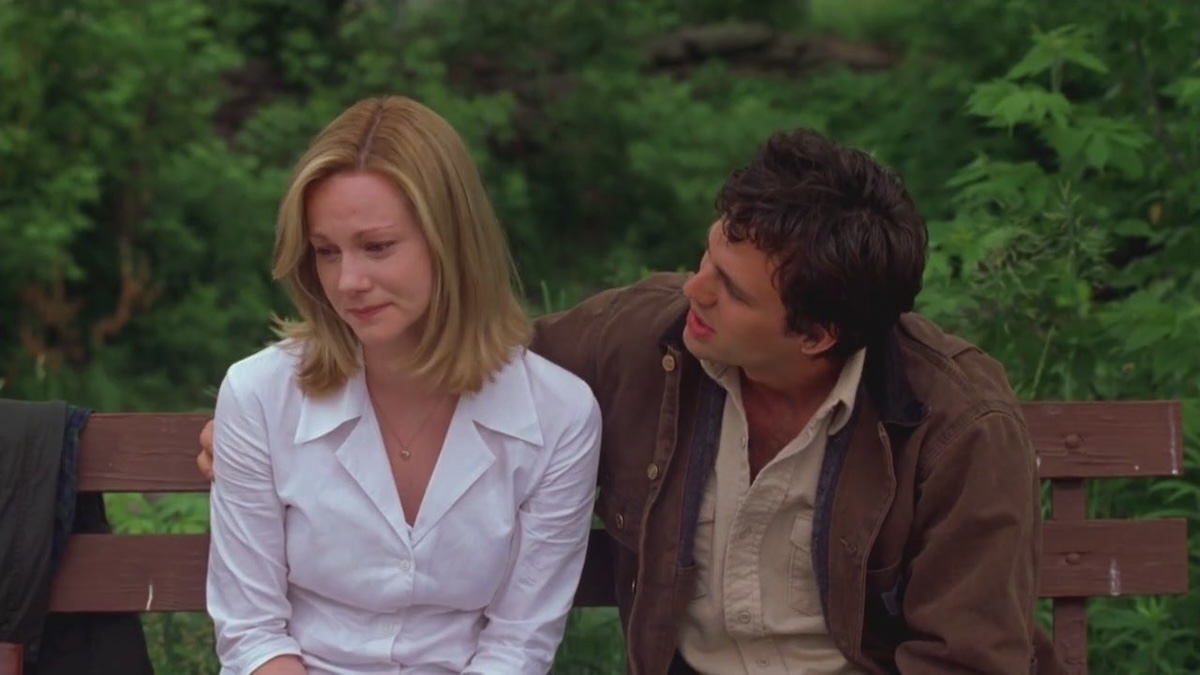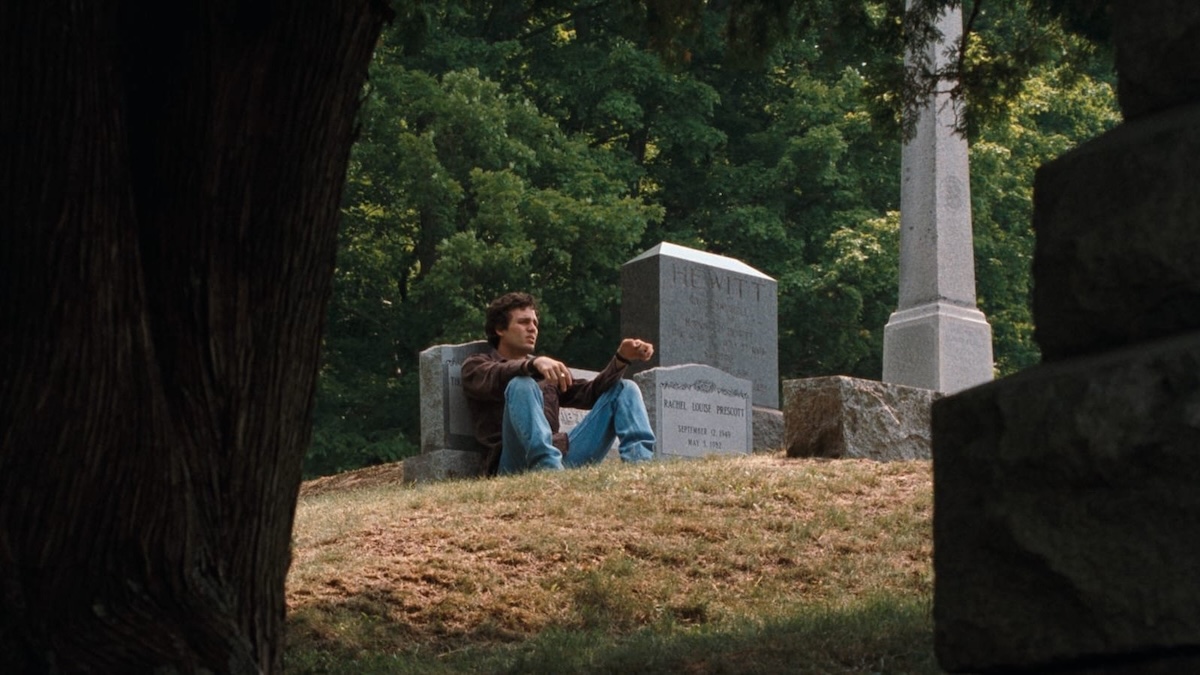YOU CAN COUNT ON ME (2000)
A single mother's life is thrown into turmoil after her struggling, rarely seen younger brother returns to town.

A single mother's life is thrown into turmoil after her struggling, rarely seen younger brother returns to town.

When one thinks of ingenious filmmakers, the typical thought process is to list off the directors and writers that transform reality into such hyper-specific, obliquely depicted, or boundary-pushing works of art that they could never possibly be replicated. These are the cinematic sculptors one lauds for depicting the things we cannot otherwise see. But while such originators are the backbone of the self-renewing fountain of opportunity that cinema must bask in (for it’s both the fountain and the innocent child that dunks its head into its waters, eager for a new experience, or maybe even a new way of experiencing), just as brilliant and illuminating are the filmmakers who focus on depicting the things we have been seeing all our lives, but which we were unable to give voice to before this moment.
These more intimate, grounded films flow so steadily with the lifeblood of all our shared essences (yet another well of opportunity, a confluence of our individual streams) that they can make one experience a jumble of positive and negative emotions regarding being alive through the most simple of interactions. These reflections are often expressed through low-budget slice-of-life movies, of which Kenneth Lonergan, a leading figure of this segment of cinema, is a master.
In You Can Count On Me, his film about a brother and sister struggling to reconcile their individual paths in life, he takes a story with the window dressing of a sappy, feel-good, overly sentimental family drama about finding one’s place in life and steadily imbues it with beauty. There’s so much authentic wistfulness, heartache, and glad recognition for all that can happen in this world unfolding on screen that what could have been a routine film possesses his indelible mark in every scene.

I say scene instead of frame because Lonergan’s style rarely uses its visuals to convey this story’s importance. The camera hardly ever lingers thoughtfully on characters, moves to direct viewers to a new focus of attention, or makes them reconsider these characters’ lives in some way, whether small or grand. But that’s no matter, since You Can Count On Me only needs a talented group of people to bring its insightful screenplay to life for it to be a success. In the first few minutes where I watched Terry (Mark Ruffalo) on screen, he seemed like someone who defies understanding, communicating through half-sentences spat out like tiny mistakes that can never be unsaid. Is this palpable distaste due to negative feelings towards his girlfriend Sheila (Gaby Hoffmann), who at that moment is victim to what we can surmise are constant questions about borrowing her money, or does this stem from guilt over becoming a predictably disappointing boyfriend?
I couldn’t get a read on the guy in order to start formulating an answer, and Lonergan knows this, employing a lengthy scene between him and his sister Sammy (Laura Linney) to take advantage of this mystery. In just this scene alone it takes remarkably little time for the writer-director to flesh out exactly why these siblings find each other objectionable. Sammy is a single mother to an eight-year-old boy, Rudy (Rory Culkin), still living in her childhood home in a village in the Catskill Mountains. Terry is a drifter, wandering from state to state (he recently was in prison in Florida for getting involved in a brawl, and before that stayed in Alaska). Time has irreparably divided them, in spite of their tragic background binding them together, with their parents dying in a car accident when Sammy and Terry were young children.
More than simply being well-written, Lonergan’s screenplay recognises that these characters might not be boundlessly complex, but they are people. It’s an obvious fact that so many films forget and which is so abundant in You Can Count On Me that the entire movie feels like one big attempt to correct this oft-repeated mistake in cinema. Life goes on, stories do not. When you watch a romantic drama between two lovers and it ends tragically, their lives are suddenly crystallised in one’s mind by this note of despair, regardless of whether they’re alive or dead by the time the end credits roll. If the opposite is true, and they embrace each other tenderly, not just their love, but the sum total of their lives and the value we ascribe to them are compressed into this single moment of glorious union.

Both options can be wonderful, thrilling ways to end a film, transporting viewers to an enchanting or soul-crushing mental state with ease. But You Can Count On Me is not that kind of movie. There are big moments, but lurking just beneath them is an awareness that no matter what transpires between its key players, life goes on. A seemingly simple tale of affection and discord between siblings is instead a deceptively complex exploration of how we navigate our choices in life, and whether or not we can ever live with them. Indecision, impulsiveness, and feeling stuck in a routine (often a polite way of describing a rut) are persistent motifs.
Most unexpected is Culkin’s performance, which is great in its own right and fantastic for a child actor. If you watch him silently scanning someone’s face, you’ll instantly witness a curious mind lurking beneath his expression, which is so rare for child actors to exhibit. Linney is both larger-than-life and acutely realistic as a single mother looking to get by with what she has made of herself. And Terry, ever the drifter, is of a long lineage in American cinema that presents life and opportunity at its most rich and tragic. He’s a lost soul that seems easy to hate the first time he’s on screen, but once he and Sammy bicker amongst each other it’s clear that he’s deserving of our empathy. His behaviour and mannerisms, which seemed inscrutable early on, soon become the natural, seamless actions of a well-developed character who hardly knows why he is the way he is.
This is Ruffalo’s finest performance to date, where Lonergan makes us love Terry on the character’s terms. We know that some of his actions are misguided and stupid, his words needlessly harsh or self-pitying, but you can always track the slightly twisted logic that grounds his behaviour and thought process. It’s especially joyous to watch his interactions with Rudy, with Terry exposing this curious young boy to aspects of life that his nephew’s mother, for all her sacrifices and warmth, can’t provide.

Sammy’s love life is a constant source of confusion, from her off-again, on-again relationship with local resident Bob (Jon Tenney) to the arrival of her new boss, Brian (Matthew Broderick), an inflexible bank manager who keeps making this protagonist’s life more difficult. It’s a marvel that an actor like Broderick, whose most well-known role is as an authority-defying youngster in Ferris Bueller’s Day Off (1986), could be so well-utilised as a small-minded, spiteful, power-tripping figure. After offering a comedic masterclass in this vein in Alexander Payne’s Election (1999), he returns to a similar kind of role here.
One particularly annoying quality of Brian’s is his tendency to leave notes on Sammy’s computer screen asking her to see him in his office. Every time I saw one of his notes, I laughed. There’s a lived-in quality to these characters, so strong that even in these smallest of moments, it produces a similar strain of warmth as in seeing an old friend. Lonergan knows that the beauty of the everyday, which we would be hasty to recognise in our own lives, can often be found in pettiness and annoyance.
If there’s anything to fault with You Can Count On Me, it’s that it’s too good at familiarising us with its protagonists. Almost a decade has passed since I first viewed the film, but all of it was so recognisable that it presented few opportunities to sink back into the narrative. Retracing these characters’ steps proved far less revealing than I had anticipated. For that reason, the movie doesn’t make for the most rewarding of re-watches, but it’s such a pleasure to sit with the rhythm of these characters’ lives that there’s still plenty to appreciate on subsequent viewings.
USA | 2000 | 111 MINUTES | RATIO | 1.85:1 | ENGLISH


writer & director: Kenneth Lonergan.
starring: Laura Linney, Mark Ruffalo, Rory Culkin, Matthew Broderick, Jon Tenney, J. Smith-Cameron, Josh Lucas & Adam LeFevre.
